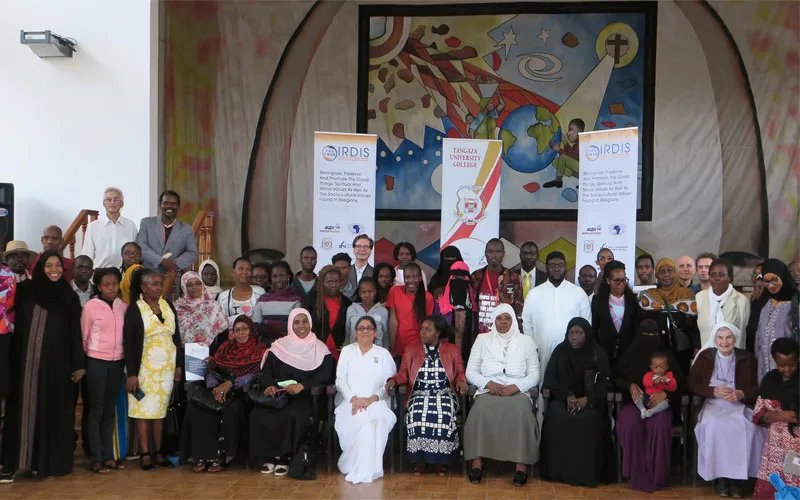Nairobi, 28 January, 2020 / 4:26 am (ACI Africa).
The importance of empowering women through formal education was a key highlight of last Friday’s interreligious conference that sought to educate women on making their voice heard within religious spaces and in society under the theme, “Religious Minority Rights and (Inter-)Religious Literacy from a Women’s perspective.”
Held at the Nairobi-based Catholic Institute of Higher learning owned by 22 Religious Orders and Societies of Apostolic life, Tangaza University College (TUC), the January 24 conference was preceded by a training of about 50 Muslim and Christian women at TUC’s Institute of Religious Dialogue and Islamic Studies (IRDIS).
Highlighting the important role of women at the conference, the Deputy General Secretary (DGS) of the Kenya Conference of Catholic Bishops (KCCB), Fr. Lucas Ongesa Manwa said women performed the important task of passing knowledge to the children.
“Education to the women is power to the family and to the society,” Fr. Ongesa told ACI Africa Friday, January 24 on the sidelines of the conference.
He explained, “As a woman and as a mother in the family, she has a responsibility of parenting the children. So, the moment you empower her with education she is able to give the same knowledge to the children and she is able to tell the meaning of education to her children.”








